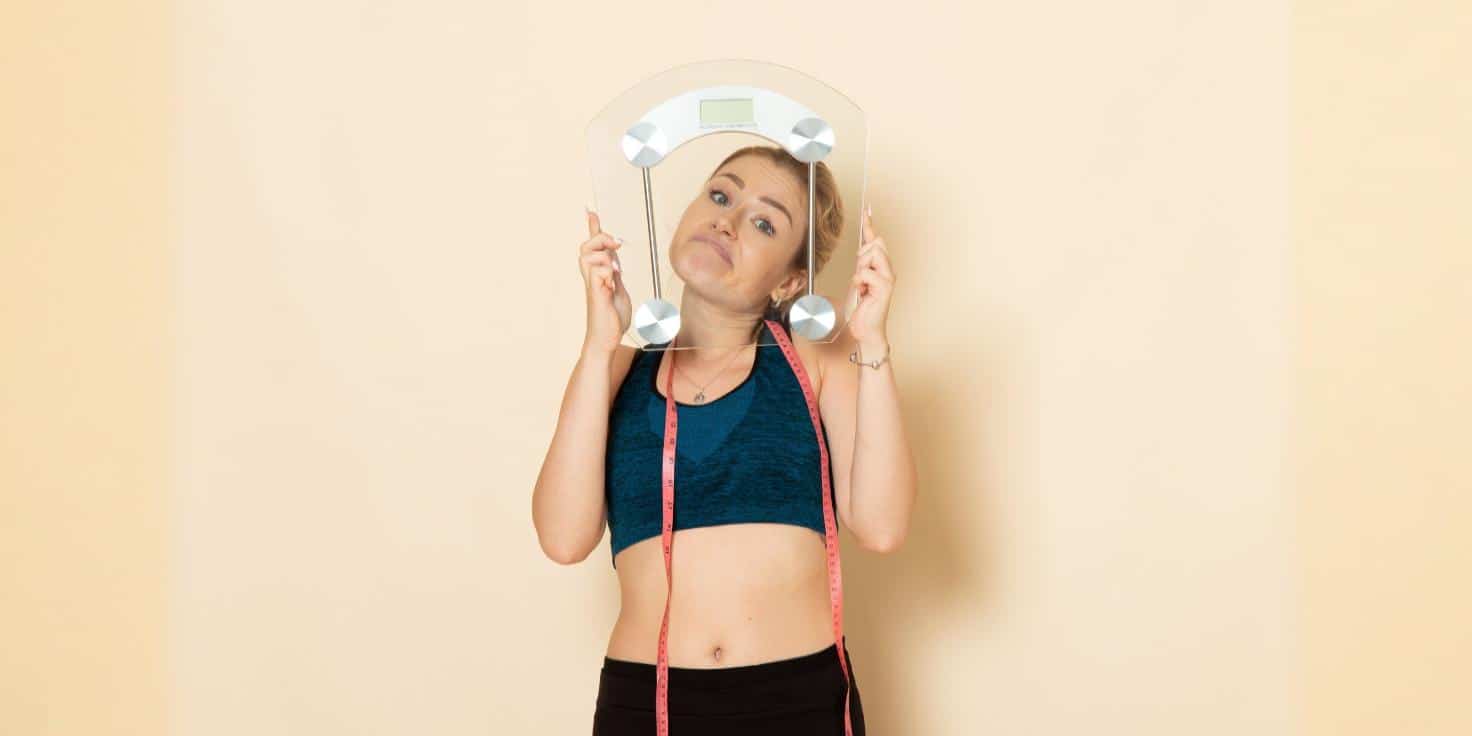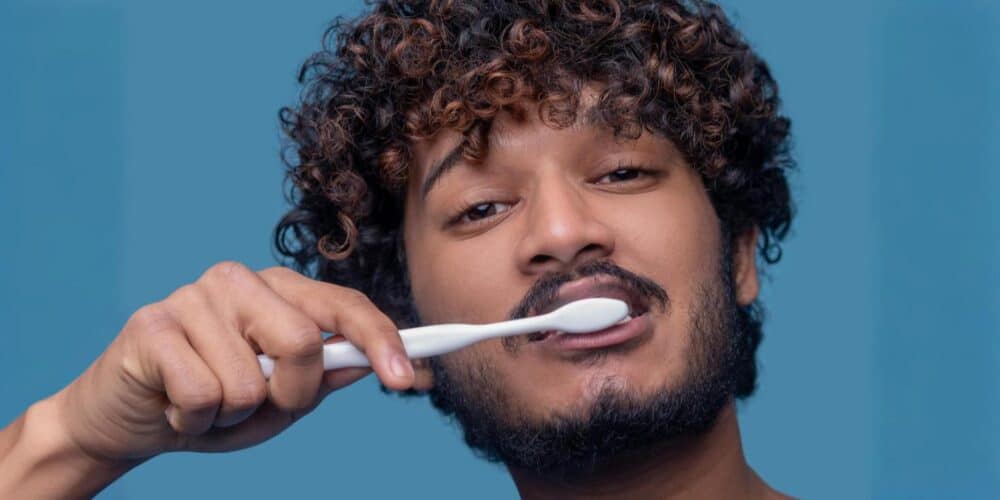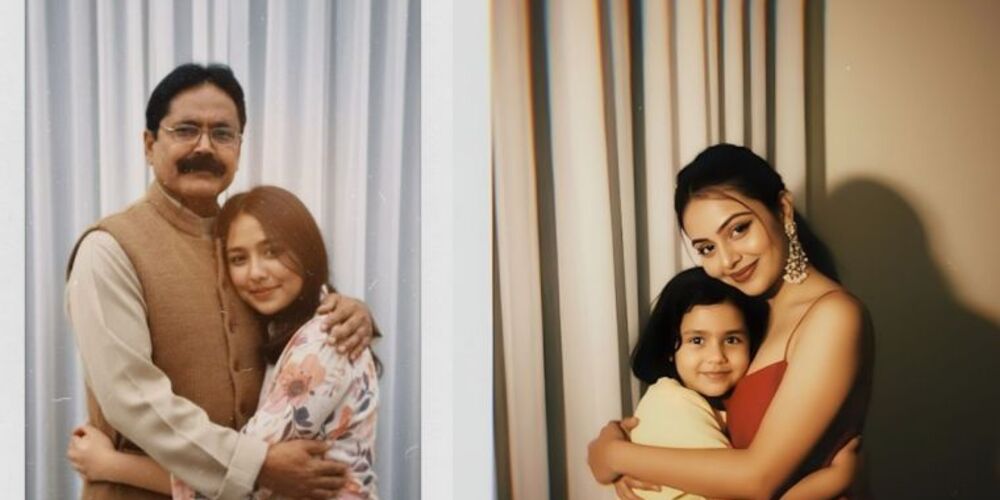FACT-CHECK: Homeopathy, acupuncture or medicine?
A viral poster says skip medicine and try acupuncture, acupressure, and homeopathy instead—should you believe it?
Author
Author
- admin / 6 months

- 0
- 5 min read
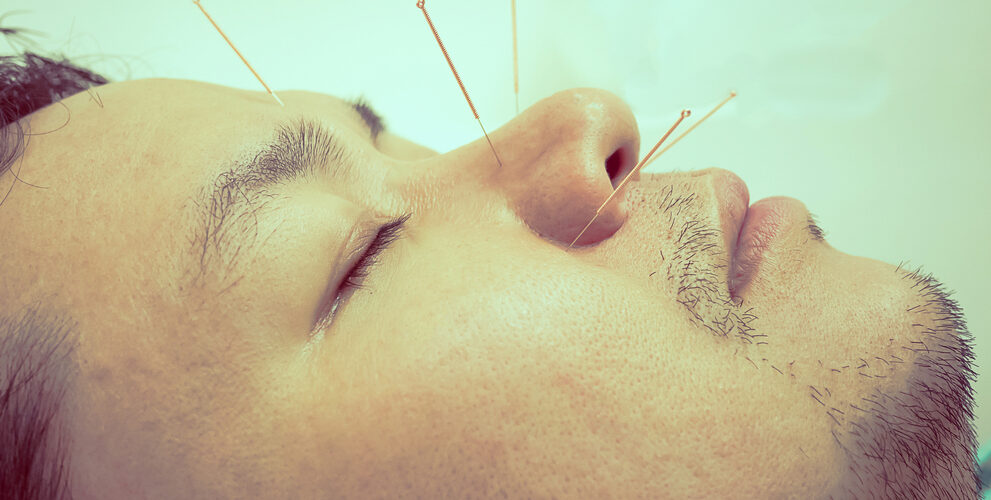
Author
CLAIM: Do not consume medicine or see a doctor for all small issues; instead, try acupressure, acupuncture and homeopathy.
FACT: Acupressure and acupuncture may offer modest symptom relief for some conditions but cannot replace qualified medical care. Homeopathy, while popular in India, lacks reliable scientific evidence on its effectiveness.
First Check received a poster via its WhatsApp tipline urging people to avoid taking medicine or visiting a doctor for minor health issues, and instead recommending acupressure and homeopathy.
The poster, apparently issued by ‘Shri Mahavir Healthcare, Jabalpur,’ mentions Dr Mayur Jain’s Instagram handle, which identifies him as an expert in homeopathy, Sujok therapy, acupressure and acupuncture, colour therapy, healing treatment, and smile meditation.
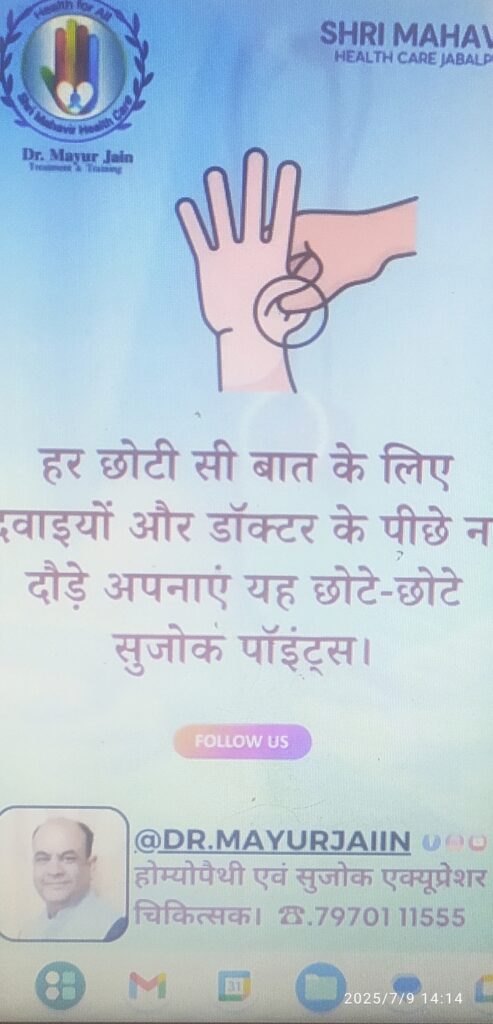
The user wanted us to fact-check if the claims in the poster are true or not.
What actually is acupressure, and how is it different from acupuncture?
Acupressure involves applying manual pressure, typically with fingers, to specific acupoints along energy meridians to promote energy flow, alleviate pain, or manage symptoms like nausea, stress, or fatigue. It is non-invasive, can be self-administered, and is used for conditions such as headaches or motion sickness. There are very little evidence of it effectiveness, but there have been some limited studies on how it can help conditions like nausea.
Acupuncture, on the other hand, involves inserting thin needles into specific acupoints to stimulate energy flow and is used to treat conditions such as chronic pain, migraines, and anxiety. It is an invasive procedure requiring trained practitioners.
Acupuncture has stronger research backing with limited studies suggesting benefits of acupuncture for cancer-related fatigue, and pain relief. Promotion of acupuncture in cancer care to manage cancer-related fatigue may improve the quality of life of cancer survivors, according to a 2020 study, published in the peer-reviewed Integrative Cancer Therapies (ICT) journal that “focuses on a comprehensive model of integrative cancer treatment with an emphasis on scientific understanding of alternative and traditional medicine therapies.”
But some studies suggest that even these effects may be placebo-driven.
The government of India has recognized acupuncture as a valid mode of therapy based on recommendations from expert committees. Responding to a question in parliament last year, the minister of state for health and family welfare Prataprao Jadhav said that an Apex Committee on Acupuncture had helped develop training standards, certification, and regulations for the therapy. As a result, in September 2024, acupuncture professionals were formally brought under the National Commission for Allied and Healthcare Professions (NCAHP) Act, ensuring proper oversight and quality standards.
Can acupuncture or acupressure replace medicine and the need for doctors?
A 2018 study analyzed data from 39 high-quality trials involving over 20,000 patients and found that acupuncture offers statistically significant but modest benefits for chronic pain, including back and neck pain, osteoarthritis, and headaches, compared to no treatment, meaning it can help but should not replace standard medical care.
Evidence for acupressure is less robust, with benefits often attributed to placebo effects.
Neither therapy is suitable for treating serious or acute conditions like infections, heart disease, or cancer, which require evidence-based medical interventions such as antibiotics, surgery, or chemotherapy.
Homeopathy: Does it work?
Homeopathy, also promoted in the poster, involves highly diluted substances to stimulate the body’s healing processes. In India, “homoeopathy is a recognized system of medicine under the Ministry of Ayush.”
“Homoeopathy cures a larger percentage of cases than any other method of treatment and is beyond doubt safer, more economical and most complete medical science,” according to the Directorate of Ayush, Homoeopathic Wing, in Delhi.
The Ministry of Ayush also says that “The gentleness of its cure is what makes more than 100 million people of the Indian population depend on this treatment. And, India has around a quarter of a million registered homoeopathic doctors who are more than other countries across the world.”
However, the actual effectiveness of homeopathic treatments is still hotly debated globally. For instance, a 2023 systematic review of meta analyses found “significant positive effects of homoeopathy beyond placebo.” However, the studies looked at here worked with “physico-chemical, in vitro, plant-based and animal-based test systems,” and did not include human studies.
Many countries have restricted its use, or their health agencies have asserted that it is not an effective treatment protocol. An oft-cited 2015 Australian National Health and Medical Research Council report (NHMRC), found no reliable evidence that homeopathy is effective for any health condition. While these findings were challenged, the Commonwealth Ombudsman investigated the matter, and said in 2023 that “No adverse findings were made about the review or NHMRC.”
In the US, one of the first things written on the National Center for Complimentary and Integrative Health’s page on homeopathy is “there’s little evidence to support homeopathy as an effective treatment for any specific health condition.”
In the UK too, the National Health Service or NHS’ page on homeopathy says that “there’s been extensive investigation of the effectiveness of homeopathy. There’s no good-quality evidence that homeopathy is effective as a treatment for any health condition.”
“Do you have a health-related claim that you would like us to fact-check? Send it to us, and we will fact-check it for you! You can send it on WhatsApp at +91-9311223141, mail us at hello@firstcheck.in, or click here to submit it online.”







